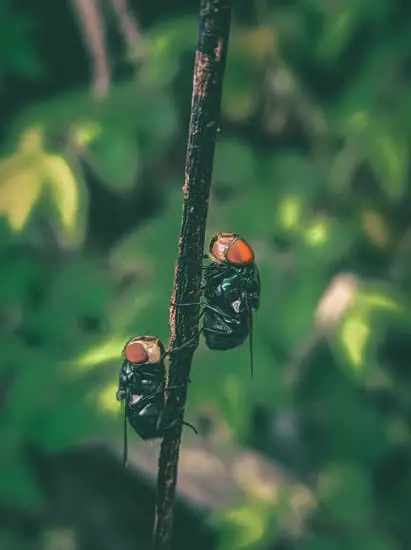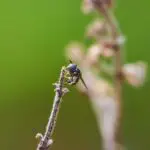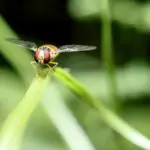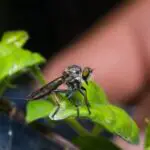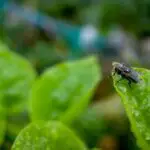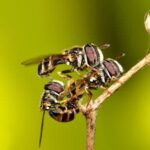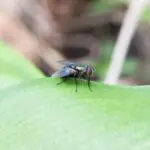How Important Are Flies?
Flies are often associated with disease and dirt, but there are many species that have beneficial roles in the ecosystem. With over 100 000 species, understanding how they affect the environment is crucial to our well-being. And with climate change and pollution causing flies to become more vulnerable, it is essential to conserve them for future generations.
In a five-year multi-institutional project, researchers in Australia are working to match flies to crops and develop the most efficient way to rear them. After identifying candidate flies, they are testing them on crops such as mangoes, avocados, blueberries, and vegetable seed.
Flies are important to our environment because they serve as pollinators. They also provide food for other animals, including birds. Some flies have medicinal value, making them a useful part of a balanced ecosystem. In addition to their environmental services, flies help keep the environment clean.
In addition to pollinating plants, flies also play an important role in human agriculture. Their larvae feed on other insects, which is a crucial part of the process. Flies are also important for fishers, as they act as a lure for the fish. Moreover, their larvae eat other insects, including bees and other pests.
Many people think of flies as pests, but few realize the role they play in nature. They provide pollination for many plant species, serve as food for birds, and are an important indicator of water quality. In fact, the role of flies in the ecosystem is second only to that of bees, the primary pollinators of many plants. And they are found nearly everywhere on Earth.
